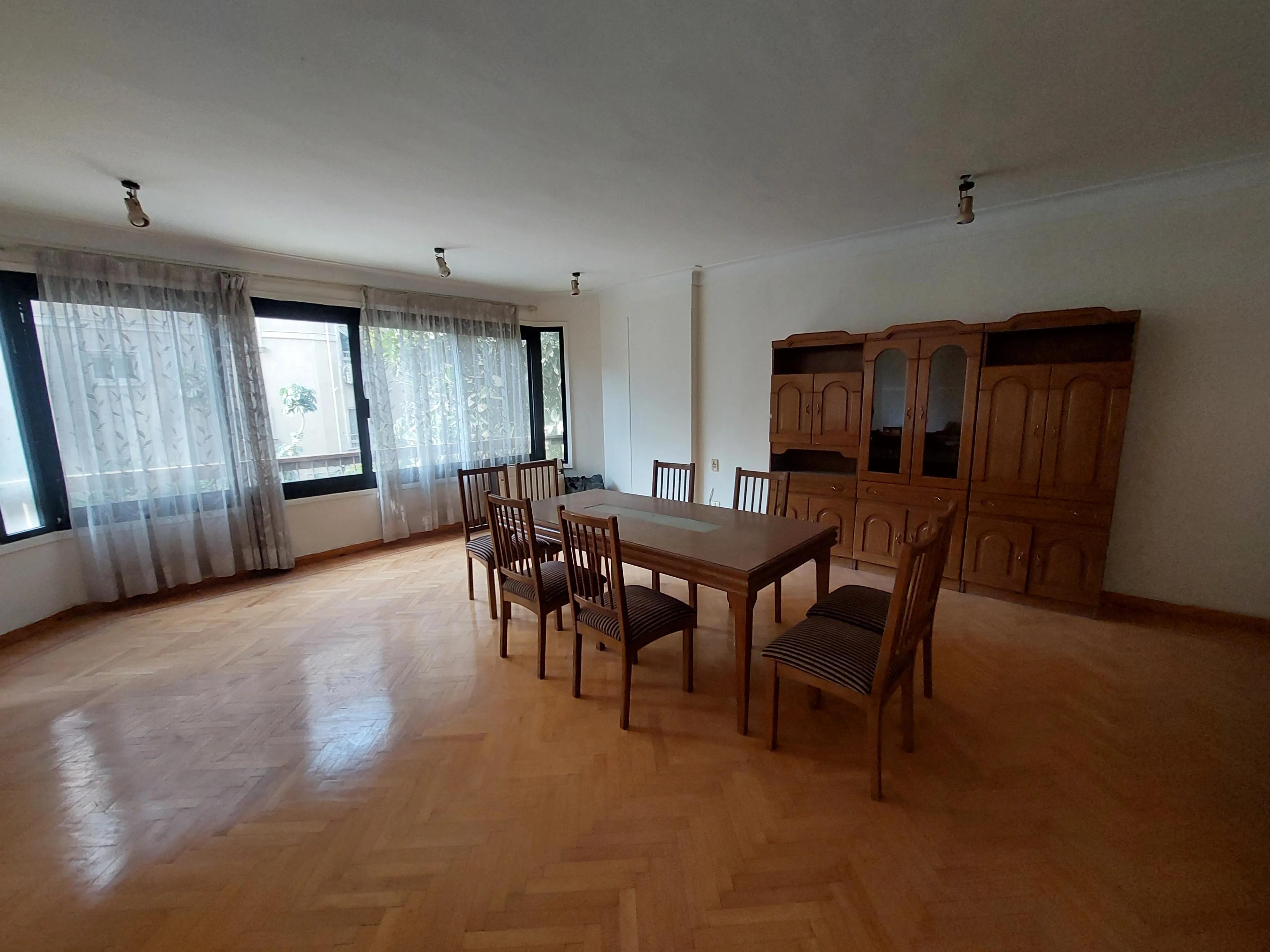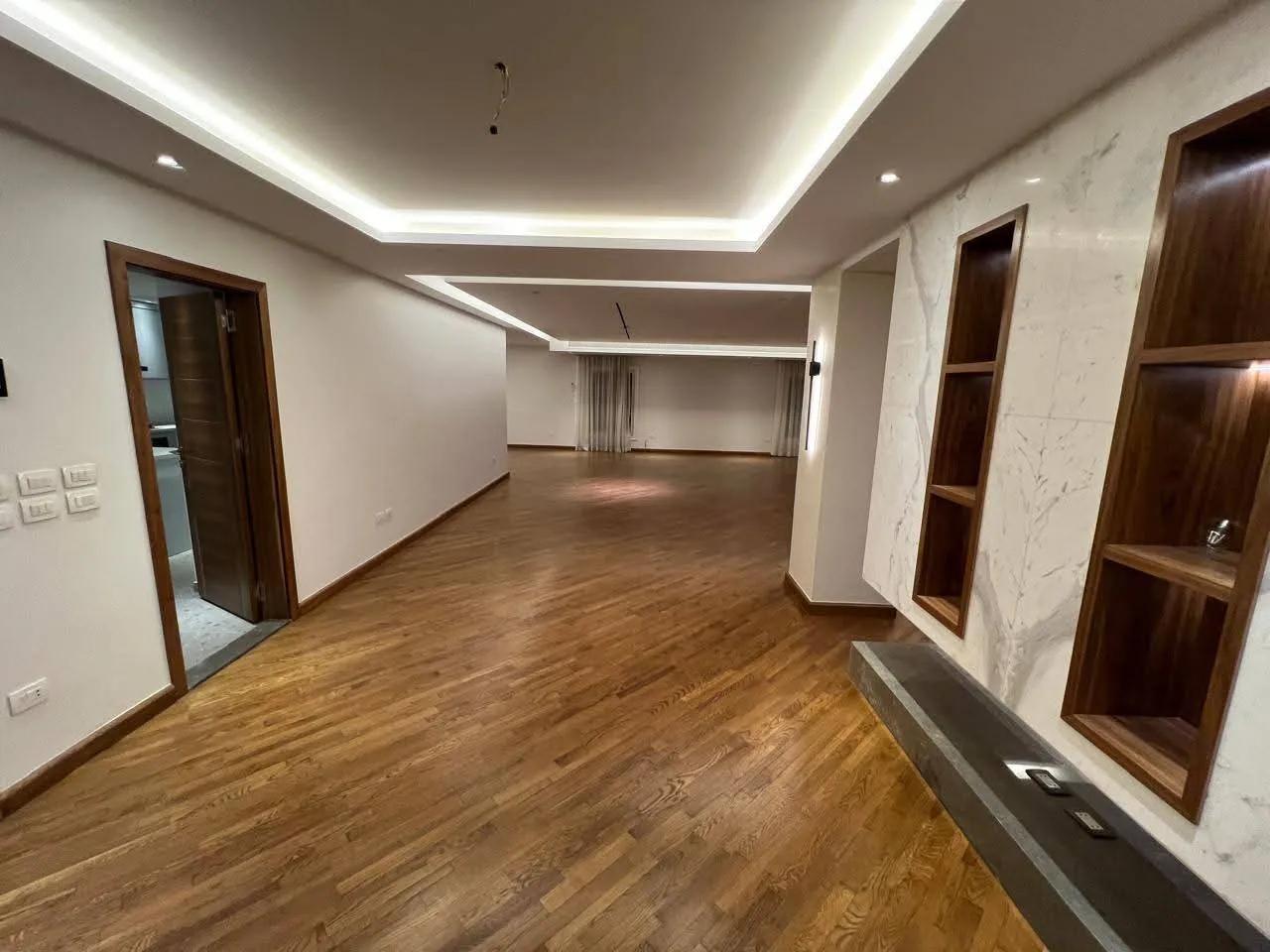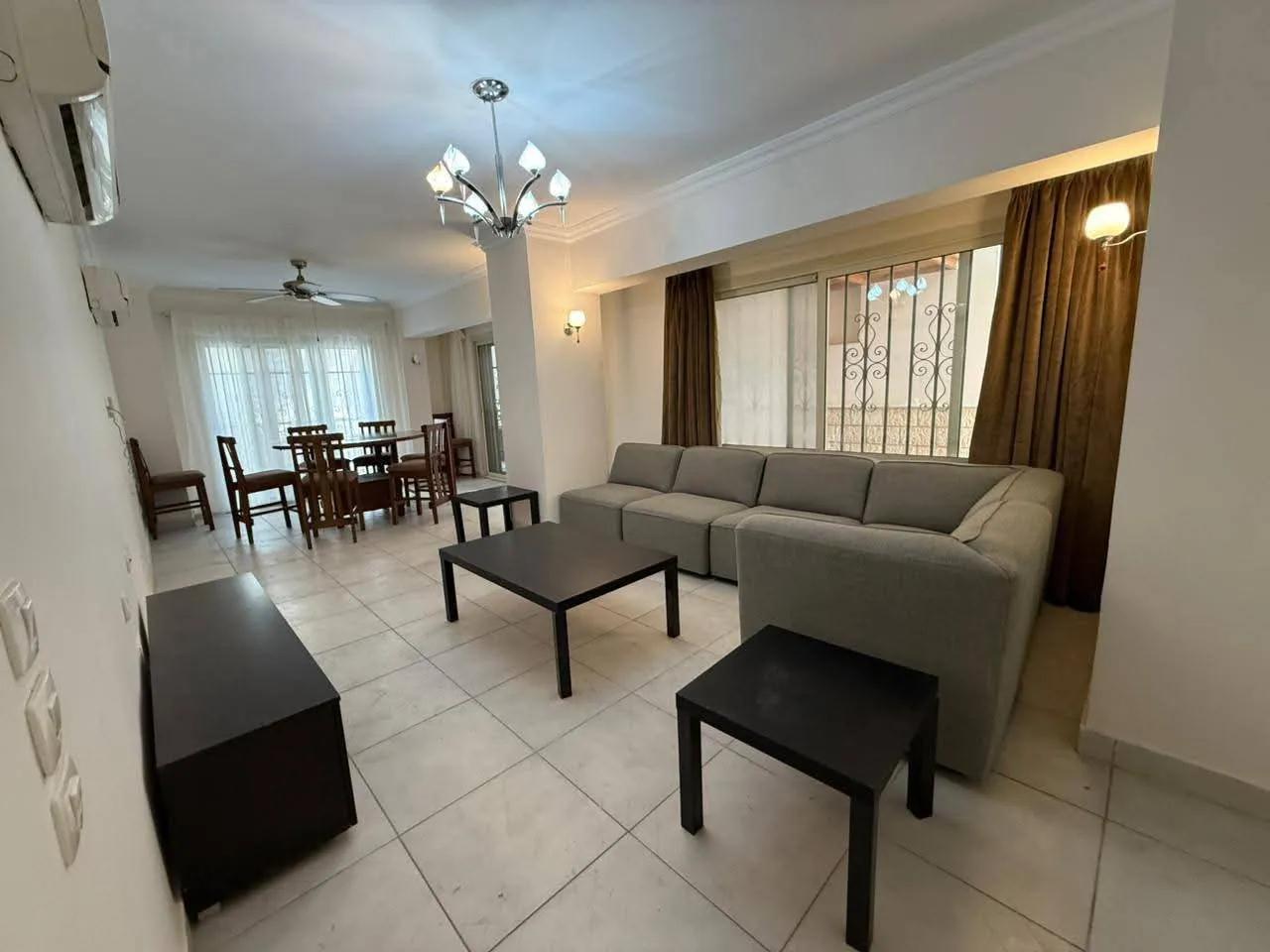How to Choose an Apartment
الكاتب
Ali Ashour
الوقت
12 دقيقة
اللغة
الانجليزية
كتبت بتاريخ:
3/12/2024
تم التحديث:
5/3/2025
Choosing the right apartment involves balancing various factors such as location, budget, and amenities. When considering how to choose an apartment, it's crucial to determine your rental budget first, which should align with your financial circumstances, ideally not exceeding 30% of your gross monthly income.
Additionally, identifying the neighborhood that complements your lifestyle needs, whether it's close to the workplace, school, or social hotspots, is equally important.
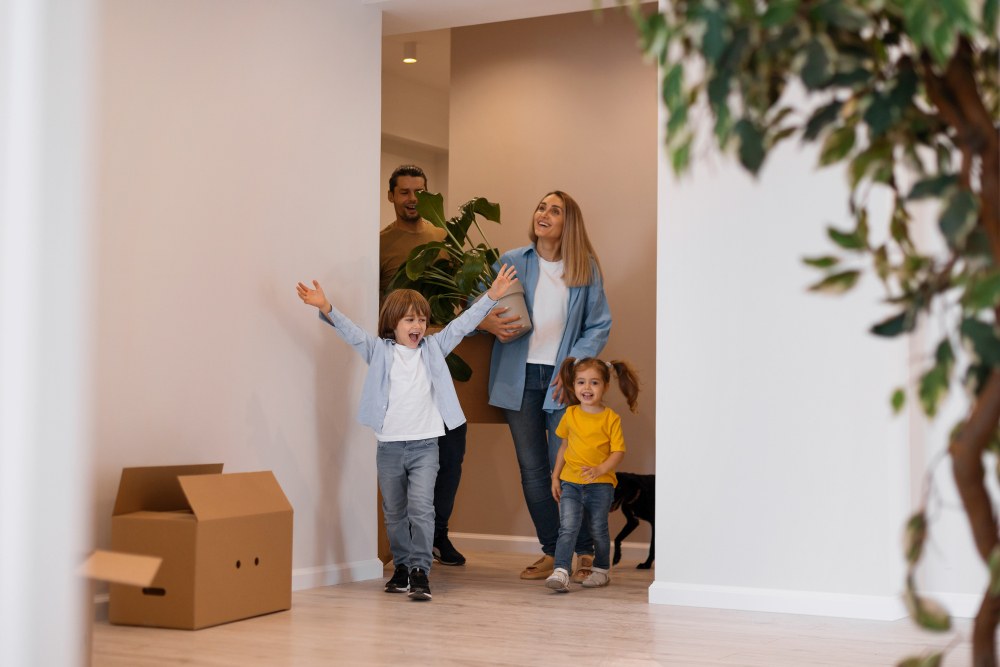
In the quest for the perfect living space, prospective renters must prioritize their requirements, from the must-haves like safety features and pet policies to preferred amenities such as a fitness center or clubhouse. It's recommended to conduct thorough research and visit prospective apartments to evaluate factors like condition and security, ensuring they meet your expectations before you commit to a lease.
Determining Your Budget
When embarking on apartment hunting, it's imperative to establish a budget that reflects your financial reality and accommodates your lifestyle. Here are steps to help you determine your budget:

Calculate Overall Expenses:
Factor in all monthly income and expenses, including debts, groceries, and any additional rental costs like renters insurance or security deposits.
Consider the cost of utilities, groceries, transportation, and entertainment in your desired area.
Apply Budgeting Rules:
Utilize the 50/30/20 Budget Rule: Allocate 50% of take-home pay for necessities, 30% for wants, and 20% for savings or debt repayment. Adjust the percentages based on your specific financial goals or requirements.
If the standard 30% of your gross income on rent doesn't fit your situation, explore other guidelines like the 40x Rent Rule or adjust the 50/30/20 rule to better suit pricier markets.
Plan for Upfront and Ongoing Costs:
Prepare for initial expenses such as deposit, first/last month's rent, and moving fees, which can range from $350 to $6,000 depending on the distance and size of the move.
Remember to include average utility costs and consider if amenities are worth additional fees
By adhering to these steps, you can ensure that the apartment you choose is one that you can afford without stretching your budget, allowing you to enjoy your new home and neighborhood without financial strain. Always go in prepared, knowing what you can afford and what you're looking for in an apartment.
Location and Proximity to Essentials
When selecting an apartment, the importance of location cannot be overstated. It affects daily life in terms of convenience, time management, and overall satisfaction. Here are key considerations regarding location and proximity to essentials:
Work and Education: Choose an apartment with easy access to your workplace to save on commuting costs and time, thus reducing stress and allowing for more family time. For families, proximity to reputable schools is a priority for their children's education.
· Health and Daily Needs: Ensure that quality healthcare services are within reach. Having grocery stores, food markets, and entertainment options nearby contributes significantly to a convenient lifestyle.
· Transportation and Accessibility: If you don't own a car, the availability of public transportation is essential. Look for apartments that offer good walkability to various amenities like markets, schools, ATMs, and hospitals.
· Considering these factors will not only provide convenience but also contribute to the property's long-term value. Prioritize locations that align with your lifestyle, whether it's being close to nightlife, the beach, or peaceful parks. Remember, the right location can greatly enhance the quality of your daily life.
Understanding Lease Terms
Understanding the terms of a lease is crucial when choosing an apartment,re as it binds both the landlord and tenant to a set of agreed-upon conditions. Here are key components to be aware of:
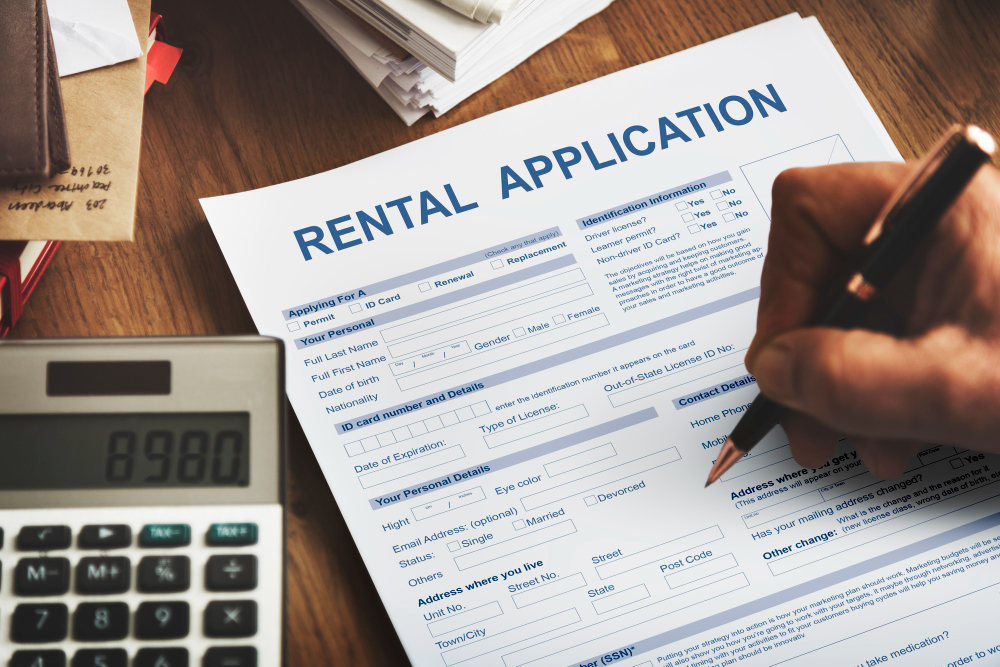
· Lease Duration: Typically, lease agreements last for one year, although the duration can vary. It's important to know the start and end dates, as well as the process for lease renewal or termination.
· Payment Details: The lease should clearly state the monthly rent amount, due date, acceptable payment methods, and any penalties for late payments. Often, rent is due on the first of the month with a grace period for late payments.
· Security Deposit: Understand the amount required for the security deposit, which is usually equivalent to the first and last month's rent. The lease should outline conditions under which the deposit may be withheld and the timeline for its return after the lease ends.
Additionally, consider the following:
· Maintenance and Repairs: The landlord is generally responsible for major repairs from normal wear and tear. The lease should specify what the landlord will maintain and the expected timeline for repairs.
· Insurance Requirements: Some leases may require tenants to obtain renter's insurance to cover personal property and liability.
· Default and Notices: The lease should outline what constitutes a default by either the landlord or tenant and the notice required to vacate the property.
Before signing, tenants should:
· Seek Clarification: If any terms are unclear, ask questions and consider seeking advice from landlord-tenant counseling agencies.
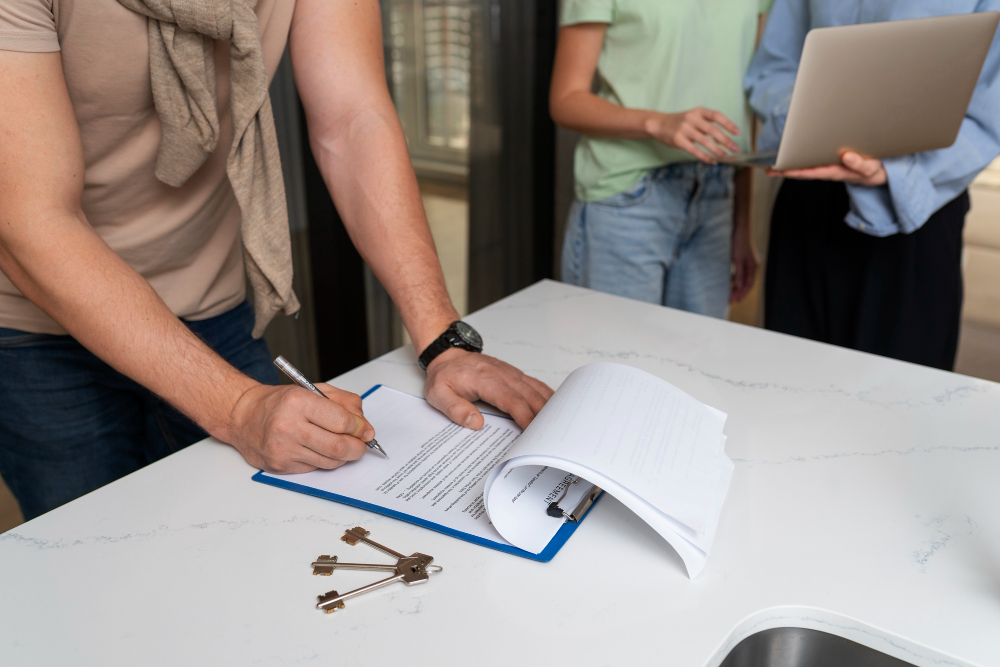
· Negotiate Terms: Lease terms are negotiable, and it's important to discuss any concerns or desired changes with the landlord before agreeing to the lease.
· Understand Legal Protections: Familiarize yourself with state and local laws that protect tenant rights and outline landlord obligations.
By thoroughly reviewing and understanding each component of the lease, you can ensure that your rights as a tenant are protected and that you are fully aware of your responsibilities.
Assessing Apartment Amenities
Assessing the amenities of an apartment is a critical step in the apartment hunting process. Amenities not only add comfort and convenience to your living experience but can also significantly impact your decision-making. Here's how to evaluate them effectively:
· Lifestyle and Preferences: Consider how each amenity aligns with your daily life. If fitness is a priority, look for apartments with a gym or proximity to parks. For families, amenities like playgrounds and swimming pools might be more appealing.
· Must-Have Amenities: Make a list of non-negotiable amenities. This might include in-unit laundry, air conditioning, or pet-friendly policies. Remember, what's essential for one person might be a luxury for another, so focus on what matters most to you.
· Amenity Categories: Break down amenities into categories such as safety/security (like secure parking), convenience (online rent payment), luxury (clubhouse), and wellness (fitness center). This will help you prioritize and make comparisons easier.
· Demographics and Location: Your preferences might also be influenced by demographic factors and where the property is located. For instance, a young professional might value a co-working space, while a family might look for a good school district.
· Technology: With the rise of smart home features, consider if the apartment offers modern conveniences like smart locks or thermostats, which can be a draw for many renters.
· Community vs. In-Unit Amenities: Decide if you prefer amenities within your apartment, like a dishwasher or high-end appliances, or community amenities, such as a pool or a fitness center.
· Value for Renters and Landlords: Remember that while amenities can enhance your living experience, they're also a tool for landlords to attract and retain tenants. Evaluate if the amenities justify the cost of rent and if they add long-term value to your stay.
By taking the time to assess apartment amenities carefully, you can ensure that your new home will cater to your needs and enhance your overall quality of life.
Evaluating Safety, Security, and Maintenance
Safety and security are top priorities for anyone looking for a new apartment. Here are some key aspects to consider when evaluating these crucial factors:
· Crime and Safety: Begin by researching the crime rate in the neighborhood. Utilize online resources like SpotCrime or local police reports to understand the area's safety profile. Engage with local residents, business owners, and law enforcement to get a firsthand account of the neighborhood's security.
Building Security: Examine the building's security measures. Check for:
· Secure entrances that require keys or access codes.
· Adequate lighting in all common areas, including parking, hallways, and stairwells.
· Functional security systems such as cameras and remote unlocking features.
· Secure locks on windows and doors, and the availability of additional security measures like peepholes or chain locks.
Maintenance and Upkeep: Assess the apartment complex's commitment to maintenance and security:
· Inquire about the frequency of maintenance checks and the responsiveness of the management to repair requests.
· Observe the condition of the property, including windows, doors, and appliances, and ensure that the landlord addresses any issues before you move in.
· Check for the presence and accessibility of fire safety equipment, such as extinguishers and smoke detectors.
By taking these steps, you can make an informed decision about the safety and security of your potential new home. Remember, a well-maintained apartment in a secure building can provide peace of mind and contribute to a higher quality of living.
Making Your Final Decision
When you've narrowed down your options and are on the brink of making your final decision on an apartment, consider the following points to guide you:
· Space and Lifestyle Fit: Ensure the apartment's space and layout cater to your needs, as well as those of any roommates or pets you may have. A comfortable living situation is key for long-term satisfaction.
· Pet owners should verify that the apartment's environment is suitable for their furry friend's well-being.
· Visualize your daily routine in the space and consider if it supports your lifestyle, from morning rituals to weekend relaxation.
· Noise and Environment: Factor in the noise levels of your potential new home. Higher floors can offer a quieter living experience, and features like carpeting may reduce noise from above. Pay attention to any sounds during your visit, such as creaking doors or knocking pipes, which could affect your comfort.
· If noise is a concern, research soundproofing options like acoustic panels or insulation to ensure your peace and quiet.
· Amenities and Value: Reflect on how the available amenities align with your lifestyle and if they justify the rent price. Certain amenities may appeal more to specific demographics and can significantly impact property value and rental income.
· Health and wellness amenities, such as fitness centers or pools, can influence your health and fitness routines.
· Community amenities, like a clubhouse or business center, offer spaces to socialize and work, which can be especially valuable for those new to the city.
In your apartment search, it's also crucial to:
· Communicate with Landlords: Establish clear lines of communication with potential landlords regarding maintenance and access to apartment information. A responsive and transparent landlord can greatly influence your living experience.
· Trust Your Instincts: If an apartment doesn't feel like home, trust your intuition and continue the search. Remember, registering with apartment listing services can expand your options.
· Utilize Decision Tools: A decision matrix can be an effective tool to compare apartments based on personalized criteria, helping you focus on what's most important to you and your household.
· By methodically assessing these factors, you can make an informed choice that best suits your needs and preferences, ensuring your new apartment is a place you'll be happy to call home.
Conclusion
The journey of finding the perfect apartment is a multifaceted process, carefully balancing budget constraints with the desired lifestyle and necessary amenities. Our comprehensive guide has walked you through key factors, from establishing an affordable budget to evaluating the safety and amenities of your prospective home, ensuring you are well-equipped to make an informed decision. Reflecting on these steps can help ensure your new space not only fits your financial considerations but also supports and enhances your day-to-day life.
As you draw closer to selecting your ideal apartment, remember to review lease terms thoroughly, prioritize your needs, and communicate effectively with landlords, all of which contribute to a seamless transition into your new abode. Your ultimate choice should not merely be a place to reside but a sanctuary that reflects and accommodates your unique lifestyle and preferences. For those still on the hunt, expanding your options with a reliable apartment listing service can be pivotal in finding that perfect fit. Discover your next home and embark on your move with confidence here.

